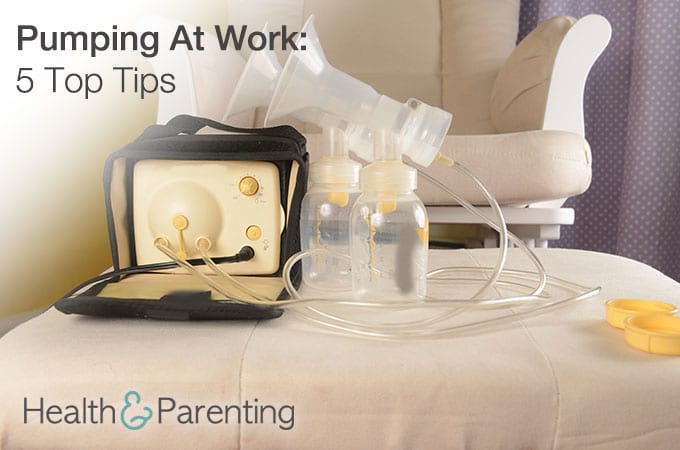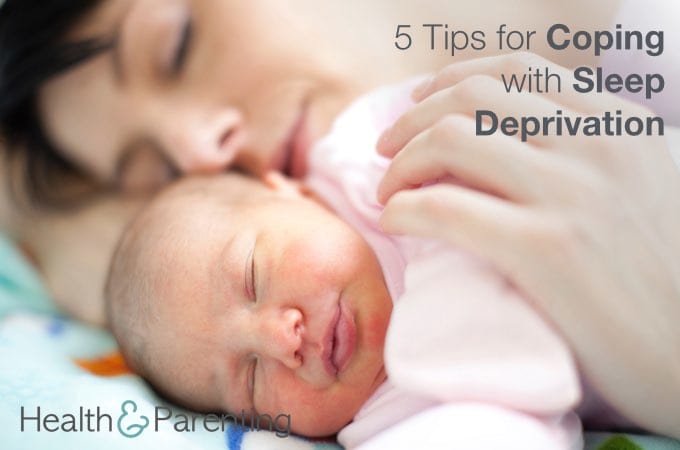We’ve all seen them – the perfect pictures of a cocooned baby on a beautifully crocheted blanket with just the right lighting. Then when we try to take that picture at home, we come up a bit short of the artistic image we expected. Aside from hiring a professional photographer, what can you do to beautifully capture your precious little one?
Photographers have the following tips for photographing your baby at home:
Safety is paramount: Make sure any props you use are sturdy and clean. No leaving baby laying on a table or fluffy pillow. If baby will be undressed, make sure the room is warm.
Pay close attention to lighting: Natural light makes for the best photos, so set your shot up near a large window to take advantage of lots of daylight. This is especially helpful for making the most of those hospital pictures that capture the first days of baby’s life.
Keep extra supplies on hand: Diapers, wipes and blankets are helpful. Be sure baby is fed and comfortable before starting, and take breaks if baby gets fussy.
Let the baby stand out: Choose a neutral color palate for your background (black, white, grey, beige) and keep props to the minimum. The baby should be the focus of the images.
Use angles to your advantage: Try taking pictures from above – which limits distractions in the background and is typically a flattering angle. Don’t move the baby, move yourself. Take pictures from all different angles, walking around baby and snapping as you go. Consider tilting the camera for an artsy image.
Consider a macro lens or setting: To get the best images of those tiny fingers and toes, choose the correct settings on your camera to bring out the detail.
For the fussy baby: Consider images where mom is holding baby (even if the backdrop is draped over mom’s body!). Play some white noise or classical music to keep the mood calm. If baby is too fussy, end the photo session and try again another time.
Get to know your camera before the photoshoot. A top-of-the-line camera won’t do you any good if you don’t know how to use it. Learn how to change the settings to capture the best lighting. Play around with modes – portrait, action, landscape, shutter speed, etc. Learn what focal length and aperture are, and try shooting manually with your camera.
As your baby grows into a toddler and young child, some of the same rules apply, but you may be trying to shoot pictures of a moving target. Tips for capturing images of your older child include: Get down to their level (rather than always taking pictures from your taller perspective), give them something to hold or something to do, or ask them to copy your facial expressions.
Candid shots are always fun, too. Don’t always focus on the portrait sessions.
The best advice, though, is to stay in the moment. Sometimes being the constant family photographer – for holidays, birthday parties, and vacations – keeps you from living the experience. So, at least once in a while, put the camera away and join in the fun.
Written by Michelle, childbirth instructor, lactation consultant, and mother to 4 busy kids
This information is not intended to replace the advice of a trained medical doctor. Health & Parenting Ltd disclaims any liability for the decisions you make based on this information, which is provided to you on a general information basis only and not as a substitute for personalized medical advice. All contents copyright © Health & Parenting Ltd 2016. All rights reserved.
















